You could have an irregular heartbeat and not know it — but that doesn’t mean it’s not dangerous. “Many people never feel an irregular heartbeat,” says Brian Moyers, MD, a Northwest Regional Heart & Vascular cardiologist and electrophysiologist.
Most of the time, doctors diagnose these too-fast, too-slow or irregular heartbeats, also called heart arrhythmias, in physical exams or tests before an operation for an unrelated condition. People who do notice symptoms might experience chest pain, shortness of breath, dizziness, anxiety or heart palpitations — the feeling of your heart racing, pounding or fluttering.
Here are four common types of rhythm disorders and what you should know about them.
Premature ventricular contractions (PVCs)
Beat: Skipping or fluttering
Danger risk: Low
Meaning: PVCs start in the heart’s lower chambers, disturbing the electrical signals and causing an irregular, or “extra,” beat. Symptoms of premature ventricular contractions include heart pounding, sinking sensation, difficulty catching breath or chest pain. “This can end up feeling like sudden stops in your heartbeat,” Dr. Moyers says.
Solution: Sleep apnea, electrolyte abnormalities or coronary artery disease can cause PVCs, and sometimes there is no underlying cardiac cause. If no reversible cause can be found, doctors can treat premature ventricular contractions with medication or, in stubborn cases, an ablation procedure that treats the tissue in your heart that’s triggering the abnormal rhythm.
Atrial fibrillation
Beat: Racing, uncomfortable and irregular
Danger risk: Medium
Beat: Racing, uncomfortable and irregular
Danger risk: Medium
Meaning: In atrial fibrillation, also known as AFib, symptoms include abnormal electrical pulses in the heart’s upper chambers cause part of the heart to quiver instead of beat effectively. Atrial fibrillation can cause a blood clot, making you five times more likely to have a stroke. It can also cause congestive heart failure.
Solution: “Treating AFib is important because it can lead to stroke or congestive heart failure,” explains Dr. Moyers. Most people take blood thinners to prevent stroke. Treatment options for atrial fibrillation include medications, a procedure called cardioversion that restores normal heart rhythm, ablation and implantation of a WATCHMAN device to the unnecessary left atrial appendage of the heart to prevent blood clots for people who cannot take blood thinners.
Lifestyle changes are also important. “AFib patients benefit from healthy choices like controlling weight, diabetes, blood pressure and sleep apnea,” says Dr. Moyers.
Bradycardia
Beat: Unnaturally slow
Danger risk: Medium
Meaning: With bradycardia symptoms, your resting heartbeat falls below 60 beats per minute. Blood flow to the brain may be insufficient and cause fatigue, dizziness or fainting. It’s more common as you get older. Although treatment isn’t always necessary, people with prolonged or repeated symptoms should seek medical care.
Solution: “First, we work to rule out causes we can change immediately, like thyroid problems, medications or sleep apnea,” says Dr. Moyers. If those causes aren’t behind the bradycardia, tests can evaluate whether you need a pacemaker to speed up your heart rhythm and treat for bradycardia.
Ventricular tachycardia
Beat: Dangerously fast
Danger risk: High
Meaning: Ventricular tachycardia is caused by abnormal electrical pulses in the heart’s lower chambers. This rhythm can become irregular and fast without warning with one symptom being insufficient oxygen delivery to the brain. It can be caused by heart attack, coronary artery disease, use of some drugs or an electrolyte imbalance. “Immediate medical help is vital to prevent sudden cardiac arrest,” says Dr. Moyers. “This is a life-threatening issue.”
Solution: Medication, ablation or an implantable cardioverter defibrillator, which monitors your heartbeat and delivers tiny shocks if it becomes dangerously irregular, can treat ventricular tachycardia.
Reduce your heart rate risk
You can’t always prevent irregular heartbeats, but you can take steps to make them less likely. Our recommendations include:
- Quit smoking.
- Exercise regularly.
- Control your cholesterol levels and blood pressure.
- Limit caffeine, alcohol and salt.
- Control diabetes and obesity.
- Reduce stress.
- Monitor your pulse.
- Ask your doctor if medications you are taking increase your risk of an irregular heartbeat.
Providers with heart
A heart expert like Dr. Moyers can help if you’re experiencing symptoms of an irregular heartbeat. Often, the best place to start is with an appointment with your primary health care provider. They can help you rule out conditions, understand next steps and set up follow-up tests to find the right diagnosis and treatment. Reach out to your primary care office or find a provider near you using our easy find-a-doctor search.
Electrophysiology in Portland and McMinnville
Nothing feels quite right when your heart is out of rhythm. Our heart rhythm specialists offer a full range of highly advanced electrophysiology resources to diagnose and treat your heart rhythm problems. Our team includes some of the most experienced cardiac electrophysiology specialists in the state. Learn more about heart rhythm disorders we treat.

